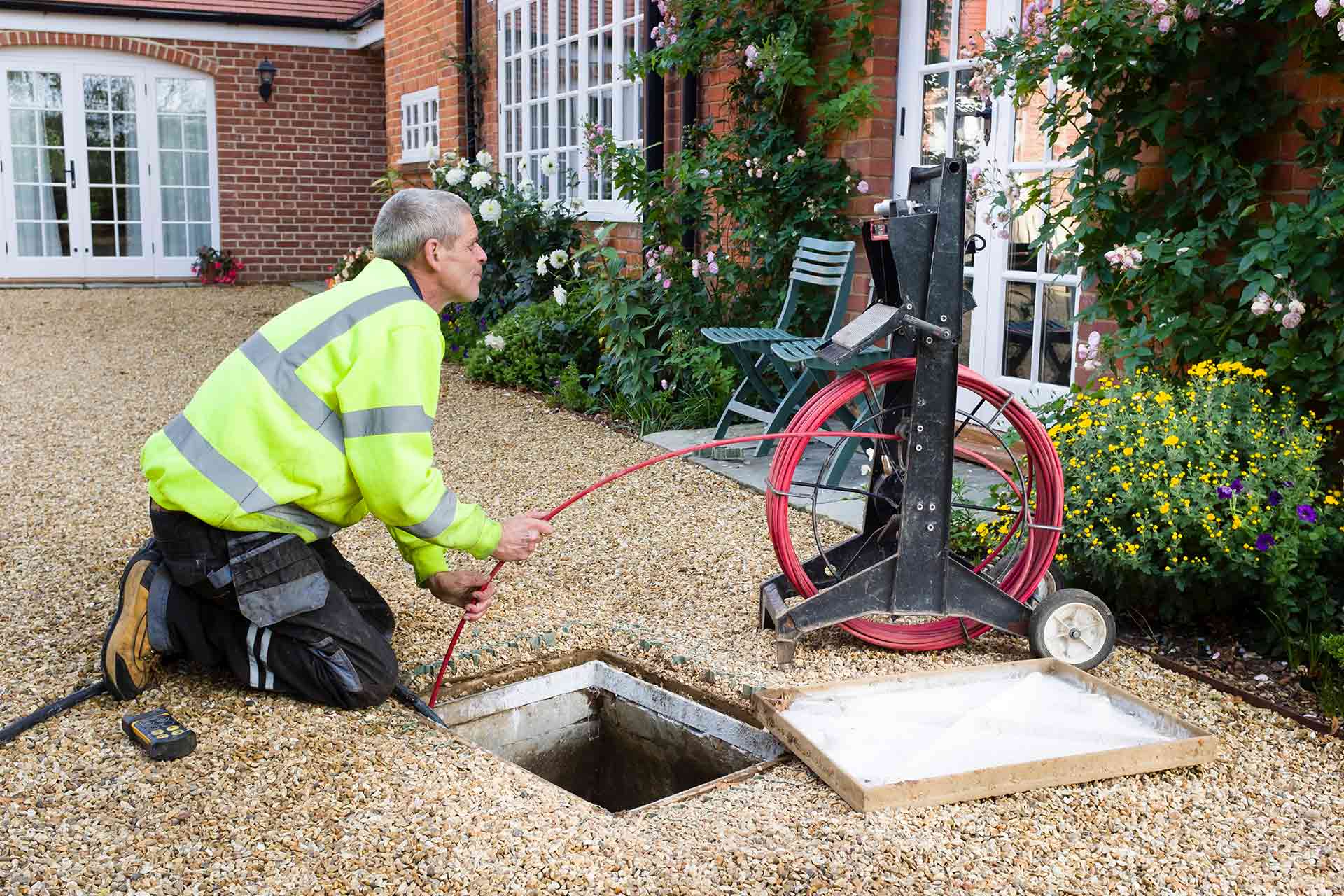How to Handle a Blocked Drain Before Reaching out to Plumbing Experts
Get StartedThe article author is making several great points related to What I learned from trying to deal with a clogged drain as a whole in the content down below.

Intro
Handling an obstructed drain can be an aggravating experience, interrupting daily tasks and possibly causing damage to your building. However, before connecting to pipes experts, there are steps you can require to attend to the concern on your own. In this guide, we'll discover do it yourself services and preventive measures to take on a blocked drain effectively.
Identifying the Problem
The first step in dealing with an obstructed drain is recognizing the signs. Sluggish water drainage, gurgling noises, foul odors rising from drains, or water backing up are common indications of an obstructed drainpipe. Recognizing these indications early can aid protect against further difficulties.
Common Reasons For Obstructed Drains
Recognizing the variables that contribute to drain pipes blockages is vital for efficient resolution. Common culprits consist of hair, soap scum, oil, food particles, and foreign things like sanitary items or paper towels. Tree origins invading below ground pipelines can also trigger substantial obstructions.
Do it yourself Solutions
For small obstructions, several do it yourself services can be reliable. Pouring boiling thin down the drain can assist dissolve oil and particles. Sodium bicarbonate and vinegar or a mix of salt and cooking soda can work as all-natural cleaners. Using a plunger or plumbing serpent to displace obstructions is an additional alternative.
Tools and Tools
Having the right tools on hand can make DIY drainpipe cleaning up extra effective. A plunger is a flexible tool for getting rid of clogs in sinks, commodes, and showers. A pipes serpent or auger can get to much deeper blockages, while drainpipe cleaning chemicals can be utilized cautiously for persistent clogs.
Preventive Measures
To stay clear of future clogs, embracing preventive measures is crucial. Install drainpipe guards or filters to capture hair and particles before they go into the pipes. Regularly flush drains pipes with hot water to liquify grease build-up, and avoid dealing with oil or strong waste away.
When to Call a Specialist
While DIY services can resolve small clogs, certain signs indicate the need for specialist support. Persistent clogs, foul odors regardless of cleaning up efforts, or numerous drains backing up simultaneously are red flags that necessitate skilled intervention.
Selecting the Right Pipes Service
When selecting a plumbing solution, consider variables such as experience, licensing, and consumer testimonials. Pick a credible plumbing technician with a track record of top quality craftsmanship and transparent pricing techniques.
Cost Factors to consider
The expense of specialist drain cleaning services can differ depending on the intensity of the clog and the plumbing's prices. Demand quotes from numerous providers and ask about any kind of additional charges to ensure openness and prevent shocks.
Safety Precautions
When attempting DIY drain cleaning, prioritize safety and security. Wear safety gloves and glasses to stay clear of contact with damaging chemicals or bacteria. Never blend different drain cleansing products, as this can generate dangerous fumes.
Instance Researches
Real-life examples illustrate the efficiency of DIY services and the importance of timely professional intervention in dealing with drainpipe clogs.
Conclusion
By complying with the pointers outlined in this overview, you can successfully deal with blocked drains and prevent future pipes issues. Whether choosing do it yourself remedies or seeking specialist assistance, prompt action is vital to keeping a healthy and balanced pipes system and preserving the stability of your home.
HOW DO PLUMBERS AND DRAINAGE EXPERTS CLEAR BLOCKED DRAINS?
Most of us have dealt with a backed up drain at some point in our lives! Whether it’s in our home or at our business, when the toilet begins to overflow or the sink doesn’t drain properly, we ultimately seek help from professionals to clear wastewater lines and get things flowing again.
Sure, you can attempt every possible drain hack in the hopes that your line clears but, often, it’ll require more than just pouring something down the drain. Keep in mind too, that pouring acid-based liquid cleaners down your drain can result in even more problems. If unable to clear – and pass through – the clog, it’ll sit in the line and begin to eat away at the pipe. Calling a plumber or professional to clear your drain might be your last resort but it’s the proven result. So, what do they do, and what type of equipment do they use, to get rid of a blocked drain line?
How Do Plumbers And Drainage Experts Clear Blocked Drains?
To better understand exactly where the problem is located, experts will typically start with an assessment and a video sewer inspection. Using non-invasive equipment that enters and exits through the pipe, these cameras offer a look inside the pipe and can spot anything from buildup, to forming clogs, to tree roots to small holes that could be a future problem – in real-time. It can see up to 150 feet of even the hard-to-reach places of the line, so there’s nowhere to hide.
https://www.zoomdrain.com/blog/2023/january/how-do-plumbers-and-drainage-experts-clear-block/

I was made aware of that editorial about Tips for Dealing with Clogged Drains and Sewer Lines from a pal on another website. In case you appreciated our page kindly make sure you remember to share it. I am grateful for being here. Return soon.
Click Here